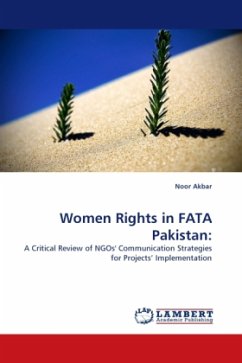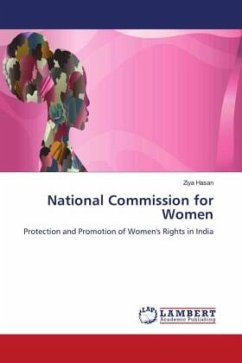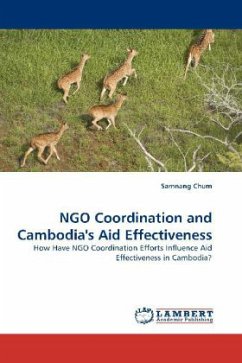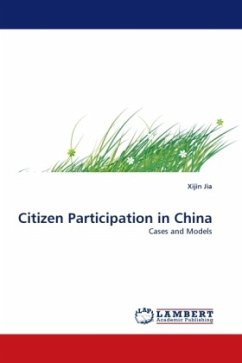
Women Rights in FATA Pakistan:
A Critical Review of NGOs' Communication Strategies for Projects' Implementation
Versandkostenfrei!
Versandfertig in 6-10 Tagen
32,99 €
inkl. MwSt.

PAYBACK Punkte
16 °P sammeln!
The overall image of NGOs is not very positive in Pakistan, particularly in rural tribal areas. Many negative perceptions are attached with NGOs, especially those which work for women's rights. The words 'women's rights' by themselves incite many wrong perceptions. In such a non-favourable working environment, NGOs evolve different communication and implementation strategies. The research study aims to analyze the communication strategies and different methods of project implementation that NGOs develop for women's rights projects in Federally Administered Tribal Areas (FATA) of Pakistan. How ...
The overall image of NGOs is not very positive in Pakistan, particularly in rural tribal areas. Many negative perceptions are attached with NGOs, especially those which work for women's rights. The words 'women's rights' by themselves incite many wrong perceptions. In such a non-favourable working environment, NGOs evolve different communication and implementation strategies. The research study aims to analyze the communication strategies and different methods of project implementation that NGOs develop for women's rights projects in Federally Administered Tribal Areas (FATA) of Pakistan. How do they develop communication strategies? Where do they find an entry point and how do they implement women's rights projects? The study does not seek to develop a comprehensive communication strategy which, by following, can guarantee successful implementation of women's rights projects in FATA, but it is an attempt to analyze the strategies NGOs are adopting and which are acceptable to thetribal communities. This study also aims to acquire an understanding of the work of NGOs and the views of the beneficiaries/tribal people with regard to women's rights projects in the FATA region.












